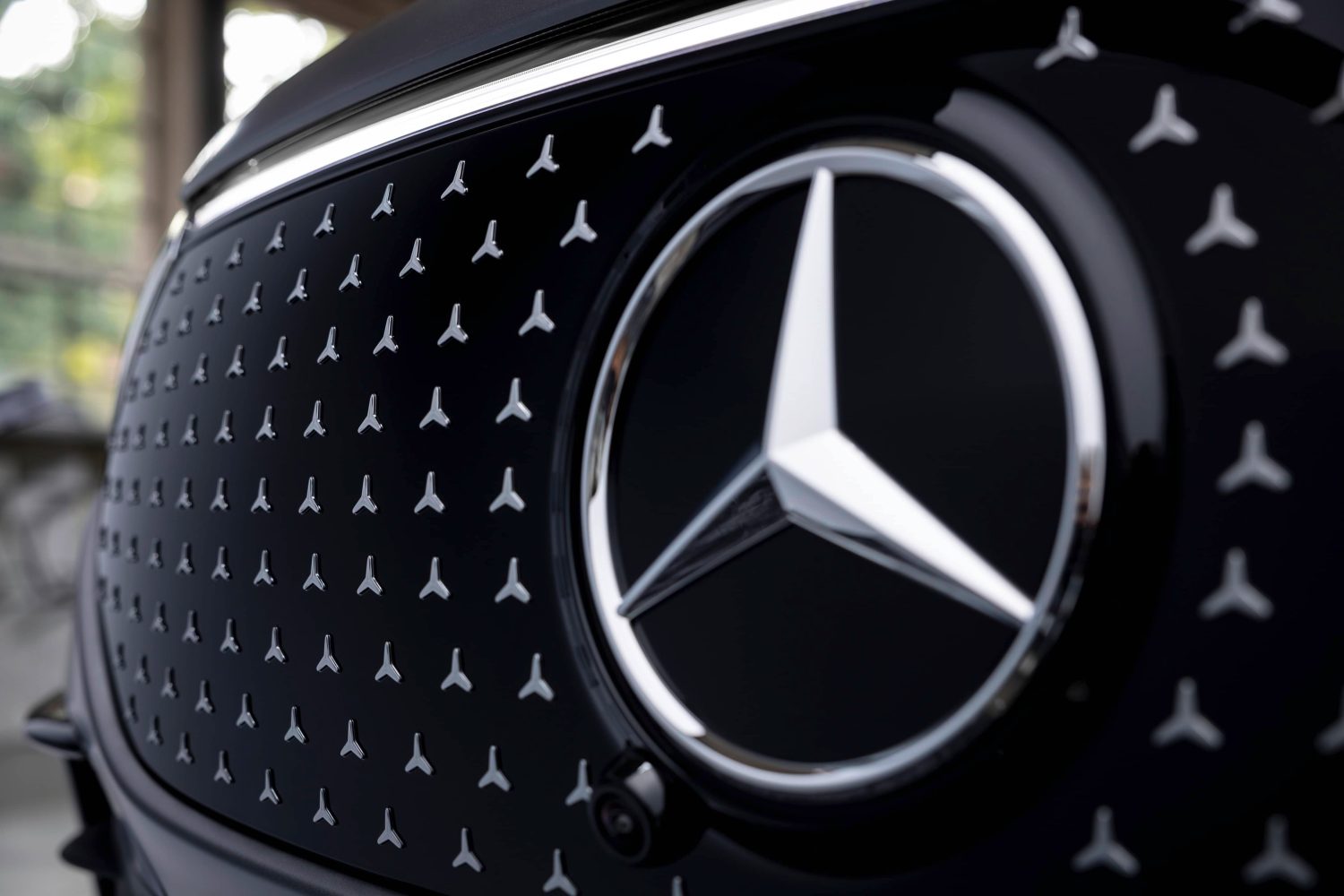
Mercedes and Stellantis have stopped work on their joint European EV battery manufacturing unit tasks, and are reassessing which route to maneuver ahead with the potential for shifting to cheaper lithium iron phosphate cells.
Mercedes and Stellantis first partnered to type a battery cell three way partnership in 2021, calling the enterprise the Automotive Cells Firm (ACC).
Earlier this yr, ACC raised $4.7 billion to construct 4 factories, planning to lift round 7.6 billion complete Euros to construct the factories.
The three way partnership has already opened one manufacturing unit in Douvrin, France.
However right this moment Bloomberg reviews that work has stopped on ACC’s upcoming manufacturing unit in Germany, and prep work has paused on a manufacturing unit website in Italy.
Whereas this work has stopped, ACC hasn’t made a remaining choice what to do with these websites but. The corporate says that it plans to remain versatile with its pace of funding, reacting to market developments, and can resolve across the finish of the yr what to do with these websites.
Bloomberg reviews that the pinnacle of ACC, Yann Vincent, stated that demand for EVs has slowed in Europe – regardless of that EV gross sales rose 14.8% yr over yr in April, sooner than non-electrified automotive gross sales rose, although slower than typical (non-plug-in) hybrids. He says that development is generally anticipated in mass-market segments, one thing which many Western EV makers have heretofore failed to focus on, although Chinese language automakers are beginning to, particularly in Europe.
Beforehand, Mercedes had dedicated to go all-electric by the top of the last decade, however in February stated that it might proceed constructing toxic, climate-change-causing fuel autos “effectively into the 2030s”, regardless of the need that the world cease constructing these autos as quickly as potential.
Electrek’s Take
I’m of two minds on this one. First, the choice to pause constructing EV battery factories is senseless. We want extra EVs, and we want them sooner than we’re getting them. The transition to sustainable transport must be accelerated, not decelerated, and we don’t get to acceleration by pausing and ready.
And reacting to market developments doesn’t make a variety of sense – factories take some time to construct (ACC says the primary cells wouldn’t come out of its Germany website till mid-late 2027), so should you wait to construct one till after the pattern has already began, you’ve already missed the pattern. That is how Tesla gained the dominant place in EVs that it has right this moment, as a result of automakers refused to see the pattern in the direction of EVs for a few years earlier than lastly pulling up their pants (which they’re nonetheless waffling over).
However, this pause might find yourself having a constructive end result anyway, as ACC is reportedly eager about switching to cheaper LFP cells.
LFP cells have a number of advantages – decrease price, increased sturdiness, and less complicated mineral sourcing – however have decrease vitality density than NMC cells. Because of this, most vehicles have targeted on NMC (to feed a public that thinks they want extra vary than they do), however we’re beginning to see extra entry-level fashions outfitted with LFP cells to assist convey prices down.
These LFP cells have been used to notably constructive impact in low-cost Chinese language autos, which has helped them to undercut Western automakers on worth. If ACC sees development coming from the mass market facet, then LFP cells can be an inexpensive alternative. The battery is the most expensive a part of an EV, and reducing prices there might help so much.
Additional, with the EU threatening tariffs (and the US already implementing them), onshoring LFP manufacturing can be needed if ACC needs to focus on mass market cells. As a lot as these tariffs are a dumb thought, one downside is that they could lull home automakers right into a false sense of safety. If the automakers truly do use the chance to construct a brand new industrial base, then not less than that damaging is eliminated and the tariffs could have had their “meant” impact.
So ACC ought to proceed ahead with their plans, reasonably than pausing based mostly on false reviews of dropping gross sales. However a swap to LFP does appear prudent, particularly when most LFPs are at present made in China, and when price is likely one of the most important challenges with EV manufacturing at the present time.
FTC: We use revenue incomes auto affiliate hyperlinks. Extra.


